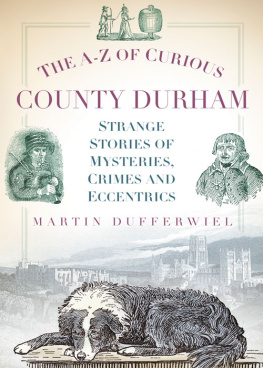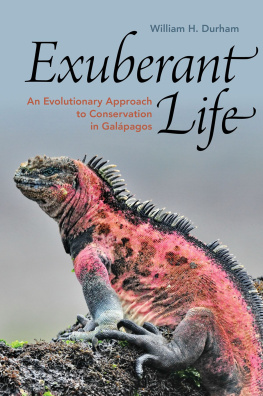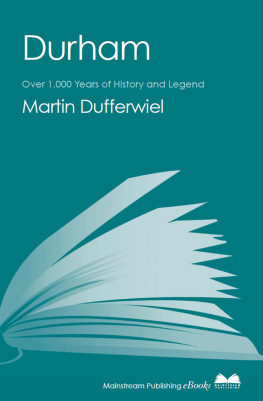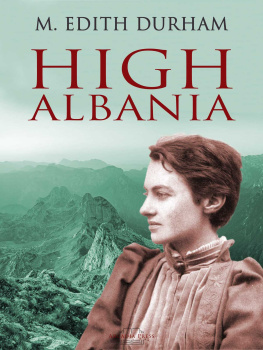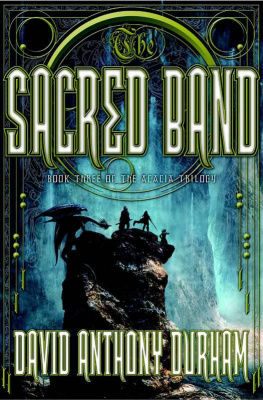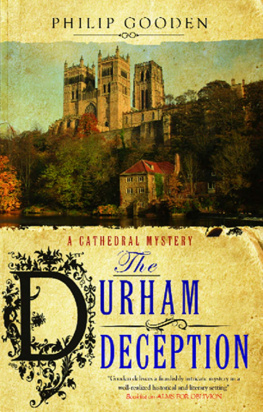
To my son, Sage
May you be as wise as your name
and may your life be one of peace,
free from the madness of these pages.

Imco Vaca was a slim figure, barely sixteen, with a sparse beard and lips that some joked had a feminine pout. His head might have been better suited to a poet than a warrior, but the young man knew his only aptitude with words was in quick jest, banter, and trivial things. He believed poets to be of a more serious bent. Though he was a citizen of Carthage, his family had long ago fallen into poverty, affairs ill managed and Fortune never kindly toward them. As the sole son among five children, he feared that the fates awaiting his sisters were shameful. Thus his tenure in the Carthaginian army in Iberia was not the answer to a calling but an attempt to secure a wage. And, as his father said, armed conflict provided the chance to distinguish oneself and better the family prosperity. Much to the young man's surprise, that is just what happened on the last day of the siege of Arbocala.
His division was posted near the most likely breach. As the battering ram worked its methodic destruction, Imco stood with his shield held over his head, catching arrows shot down from above. His eyes bounced around so quickly they scarcely registered the things around him except in glimpses of single objects: the braid of hair down the back of the man in front of him, the tattoo on the shoulder of another, the crook of his own arm and the throbbing artery in the soft spot there. The other soldiers jostled for position, each seeking the best point from which to gain the wall. Imco had no such interests. He might even have retreated, but the crush of bodies behind him would not allow it.
When the wall crumbled, the bulk of it fell inward, all save one great block that hung for a moment teetering on the still-standing portion of the wall. Imco fixed his gaze on it, sure that he recognized his own demise. But when the block fell it shifted to one side and squashed the flank of soldiers just to his left. Seeing the damage done to their comrades, the other soldiers roared. The sound was so fierce that it buffeted Imco forward, one step and then another, around the block and over the next. He scrambled up the slope of debris, then hoisted himself onto a wide slab of rock and found that there was nothing else to climb. He caught a momentary glimpse of the city below him and realized where he was. The defenders huddled there, dusty-armored, eyes upraised, weapons gripped before them, a prickle of spearheads like the back of a sea urchin. Archers behind them let their missiles fly. Imco had no desire to proceed, but if he was going to, he at least wished for company. He raised a hand to signal the ease of his route to those behind him. An ill-fated move.
An arrow struck him in the flat of the palm. The force of it snapped his arm back, throwing him off balance. He tumbled down the slope amid the legs of the men who had been following him. The next few moments of his life saw him trodden upon and kicked and tripped over. Someone stepped on the arrow, wrenching it about in his flesh and sending slivers of pain down as far as his toes. Another broke two of his ribs by planting the shaft of his spear in his chest as he climbed over him. But after all this, the young man struggled to his feet and looked up from the rubble to behold a conquered city.
Later he discovered that he held the honor of being the first soldier on the crumbled wall of Arbocala. The officer who told him this was aware of a certain comic element to the award, but it was his nonetheless. That night he drank wine from the city itself and feasted on strips of venison and bread from the Iberian ovens. The captain of his company sent a young woman to him in his tent. She straddled his battered body and lowered herself onto him and received his climax a few moments later. She had large eyes that stared into his, unflinching and with no emotion. With a trembling voice he asked her name. But she was already finished with her work and had no desire to have anything more to do with him. She had scarcely slipped out of the tent when another visitor entered.
He wore the snug breastplate of an infantryman, with a dark tunic beneath it. He was bare-armed and square across the shoulders, brown-faced and black-eyed and handsome in a way that has nothing of feminine beauty in it. Imco had never seen him before but he knew at first glance that he was an officer. The soldier flushed and rearranged his bedding, afraid that he might greet this visitor with a view of more than the man was interested in. His heart beat like a bird's. He thought himself an absurd impostor and was sure that the man would see him as such.
So you're the honored one? the man asked. So hungry for the blood of Arbocala? I might not have guessed it to look upon you, but it is what's inside a man that matters. Why have I not heard your name before?
Imco answered, as honestly as he could, this and the following questions. He spoke about the origins of his family name, about the length of time he had been away from Africa, about where and under whom he received his training, about how he missed his father and sisters and hoped his soldier's pay was easing their burdens. Five minutes into the conversation, Imco had almost managed to forget the importance of his guest and think him a field lieutenant who must often talk with foot soldiers. The man listened with his eyes and with more empathy than the soldier had felt since he left home. And so he was not offended when the officer interrupted him.
Forgive me, but are yours a humble people?
The young man said, Iberian rats eat better than my family.
No longer. My secretary will come and take down your family's details. In honor of your bravery, I will send them a small package, with it a portion of land outside of Carthage, a hundred field slaves to work it, house servants as well. Will that ease their burdens?
The soldier had lost his speech, but he managed to nod.
The other man smiled and said, This day you helped put one task behind us to clear the way for the great things to come. You will fight as bravely for me during the next campaign?
Imco nodded, although his head was spinning and shocked. He could not fully comprehend anything except that he had been asked a question and that it behooved him to answer positively.
Good. There are many paths to our fates, but none so direct as war. Remember that. All of our lives lead to death, Imco Vaca. The gods leave us no say in this. But we've at least some influence on how we shape our living moments, and we are sometimes prompted to achievements beyond our early reckoning. This is something you should consider.
The officer turned away, pushed open the tent flap with an arm, and paused a moment, taking in the night. He said, Fate does not move walls for us without reason.
With that, the man slipped from the tent and was gone. Only as the quiet moments progressed did Imco order the meaning of the conversation. The complete understanding of whom he had just spoken to did not so much dawn on him as slowly fill him. He had never before been close enough to look his commander in the face, but now he had. His commander, a man who held the power of life and death over so many, with a fortune endless in its riches, a soldier who although not yet thirty years old had a genius for war that some said he harbored inside his body, in a compartment just beside his heart. Hannibal Barca.
Next page


